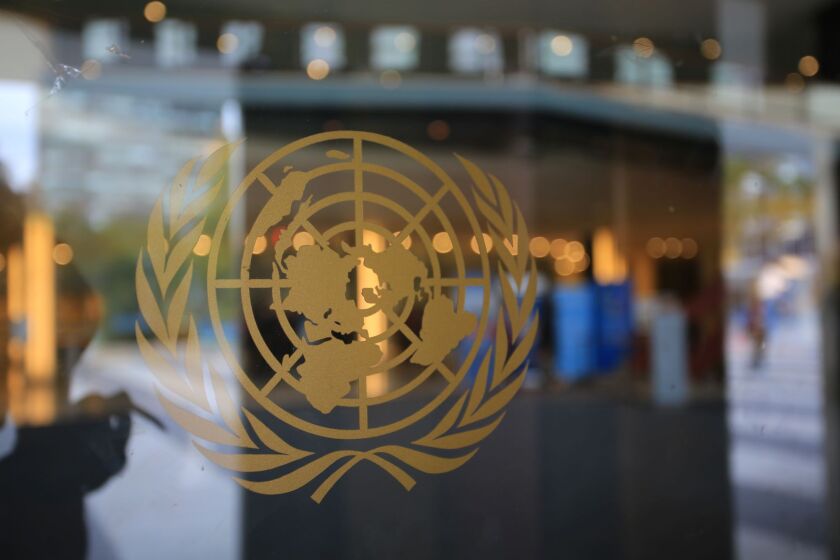Our cover story takes an in-depth look at the UN proposals to expand the organisation’s role in global tax policy, a move that could threaten the pre-eminence of the OECD.
UN Secretary-General António Guterres has presented three options for a new tax convention, and the UN General Assembly will have to decide what course to take. The world may be moving towards a new tax convention – it could be a voluntary framework or a demanding set of standards to rival OECD guidelines.
The UN is a much more open forum for emerging economies, as the OECD has just 38 (mainly wealthy) member states; rising powers such as China and India want the UN to have a greater say on international tax standards.
Multilateralism is difficult precisely because it involves competing interests. This is why the Inclusive Framework was an impressive step towards greater engagement with developing countries, large and small.
Nevertheless, many developing nations in Africa, Asia and Latin America favour the UN taking a bigger role. Meanwhile, the EU and the US still want the OECD to maintain its dominant position in setting standards for tax and transfer pricing.
OECD officials may have made history with the two-pillar solution, but pillar one still hangs in the balance. This is a crucial time for international tax policy – and it could also be the last time that the OECD can play such a role unchallenged by other institutions.
To read more about these issues as we head towards a busy autumn period, look no further than the cover story of our latest PDF publication. In it, you can also find other news and analysis updates as well as a range of expert analysis articles and jurisdictional updates from around the world. We hope you enjoy reading everything on offer.










